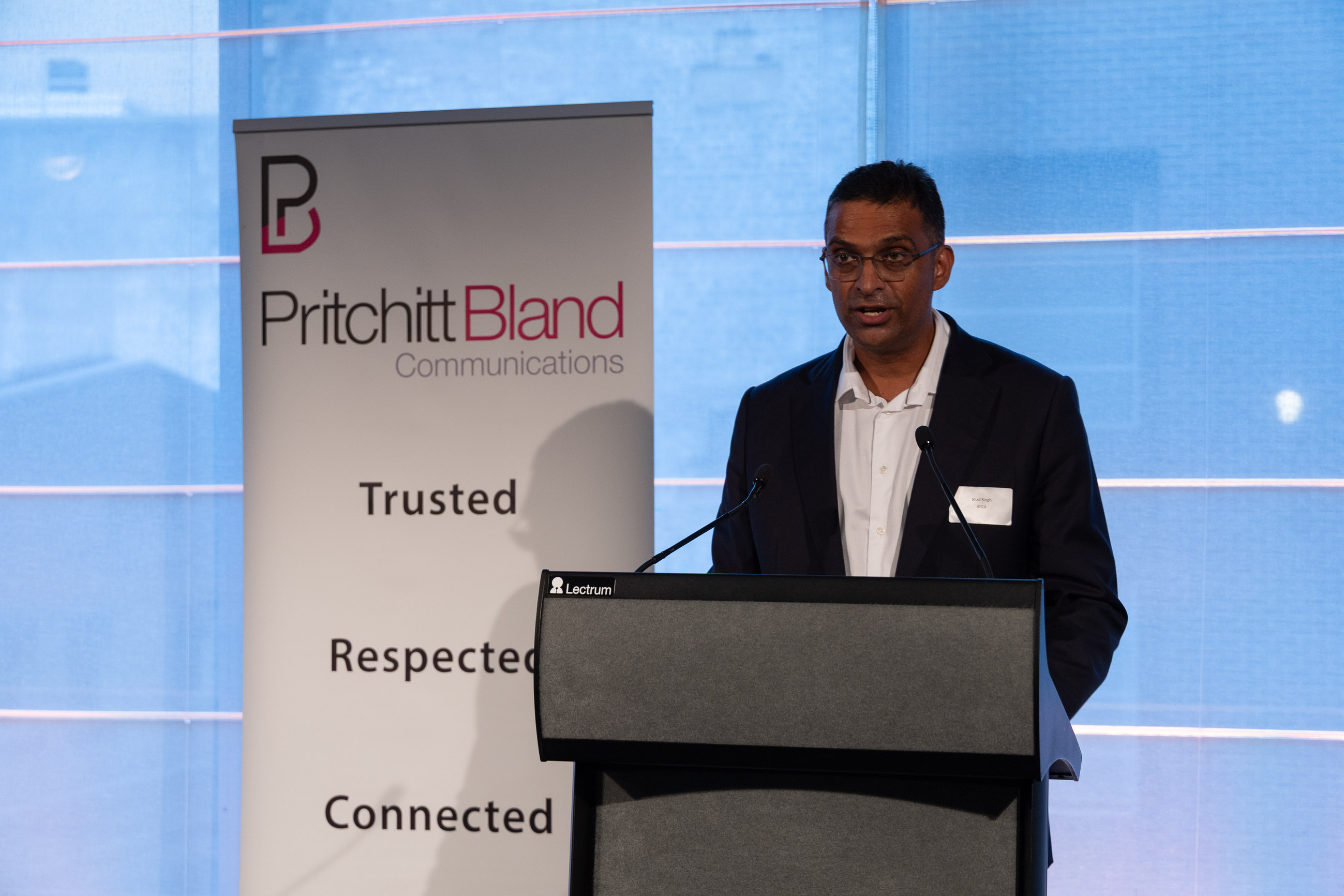There are many obvious benefits of financial literacy to our society. It allows individuals to make better financial decisions, live within their means, develop long-term financial goals and have smaller levels of debt. Overall, if households are more financially robust, they are better equipped to withstand economic recessions, and are less likely to face bankruptcy and financial stress.
So, how come we are not taught this in high school?
At 20 years old it may sound silly to make steps towards retirement which is at least 45 years away, but anyone who has studied finance or worked in the industry will know the importance of investing over the long-term, particularly when it comes to compound interest.
For instance, if I contribute $1000 a year extra into my superannuation, and invest it at 5 per cent, it will be worth $210,000 when I retire at age 70. While this won't be news to anyone who has worked in financial services for any length of time, it would surprise many Australians and most of my non-financial services peers (and if you want to do your own calculation, ASIC Money smart has an excellent calculator here: https://moneysmart.gov.au/budgeting/compound-interest-calculator).
It begs the question – why wasn’t I taught this in school? And how come financial literacy is only taught if I choose to study the financial system at university for three years?
If you were thinking of increasing the percentage of your salary that is going into superannuation or making extra payments, the most straight-forward advice I can give you is the earlier the better. The longer the investment timeframe, the more time and opportunity the returns on your superannuation have to compound and grow.
And incredibly, making extra super contributions between the ages of 20 to 30 will give you a better long-term outcome than deciding to do this 20 years into the future.Young people don't know what they don't know, and they are missing out on valuable financial benefits because of the lack of education.
In fact, it is better to start early and invest for a shorter period, than it is to start later and invest for a longer period of time. As this interesting calculation from Windgate Wealth Management [https://windgatewealth.com/the-power-of-compound-interest-and-why-it-pays-to-start-saving-now/] shows, someone who makes a regular investment of $5000 a year for the 10 years between the ages of 18 and 28, and then stops, will accumulate $602,070 (assuming an earnings rate of 7 per cent) by the time they are 58.
By comparison, if the decision to invest was put off until the age of 28, and $5000 was then invested each year for the next 30 years – the balance will be $540,741. Essentially, they would have invested three times more, but would still have a lower balance than the person who started earlier.
That’s the power of compound interest. As Windgate Wealth Management says, “the simple fact is that when you start saving outweighs how much you save.”
The fact that financial literacy is not taught in schools means that individuals are missing out on the fundamental skill of effectively managing money. While most people can live their lives never needing to know calculus or physics or why the Persians invaded Greece in 492BC, everyone will deal with money. Financial literacy impacts each person’s life – and can positively affect one’s credit score, level of savings, retirement planning and susceptibility to fraud. These factors can prevent people from taking on high levels of debt and creating unsustainable spending habits, which push people towards poverty.
In short, teaching young people important life skills about finance – in a way that is compelling and engaging – should be a priority in every high school curriculum.



















